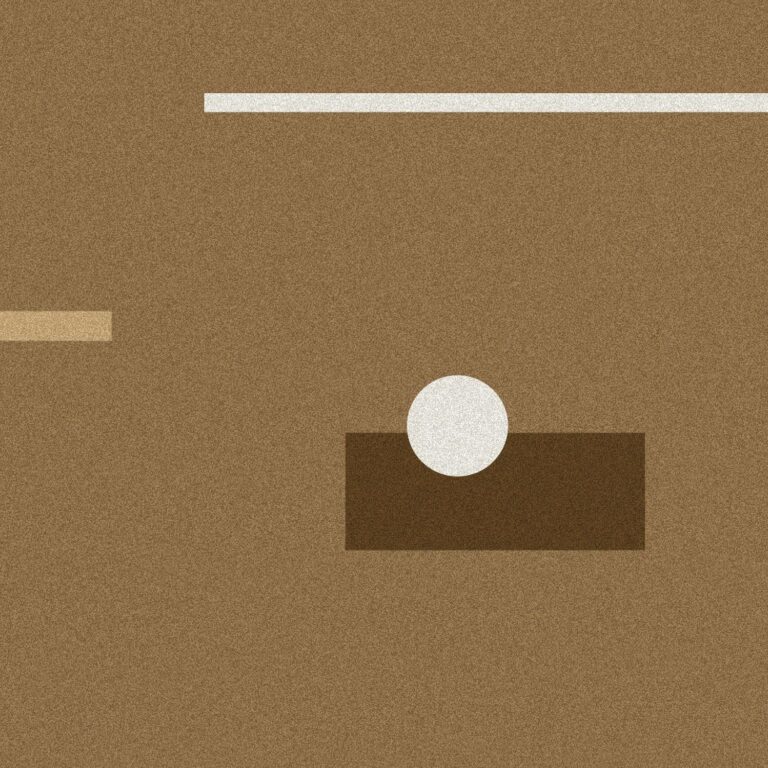Joy Is a Companion to Hope
With Ross Gay
“We forget to advocate for what we love, for what we find beautiful and necessary. We are good at fighting. But imagining and holding in one’s imagination what is wonderful and to be adored and preserved and exalted is harder for us, it seems.”
Question to Live
Do I have a delight radar? |
| Integration Step
Set out to actively cultivate joy in the most granular of experiences. What is pleasant and sweet and tender? What brings flashes of light into your day? |
| Heart of the Matter
There’s a question loose in our hurting world: is it possible, is it a privilege, to be joyful in a time like this? But joy is a resilience-making, lifegiving birthright of being human. To suggest that you can’t be joyful in a time like this is akin to the idea that you can’t be hopeful unless everything has gone right for you. In his Book of Delights, Ross Gay took it upon himself to move through a year looking for delight and writing about delight every day. “One of the things that surprised me,” he says, “was how quickly the study of delight made delight more evident.” It’s precisely the closeness and ordinariness of what Ross attends to that makes him a teacher to us. |

Transcript
Krista Tippett: Welcome back. Today, we are going to explore delight as a companion to hope.
I have heard, in the last few years, a question rolling around the world. It goes something like this: “How could you be joyful in a moment like this, in a world like this?” And the question troubles me because it suggests that joy is a privilege. But joy in human life is a resilience-making, lifegiving birthright of being human, and to suggest that you can’t be joyful in a time like this is akin to the idea that you can’t be hopeful unless everything has gone right for you. Joy is a companion to hope as a wellspring of resilience.
And my wonderful teacher on this, who I’m going to introduce you to here, is Ross Gay, a poet and community gardener who is so clear that we have to know what we love, and we have to tend to that as seriously and as fiercely as how we tend to what is broken and what we’re called to make better, what we’re called to make more just. Knowing what we love and knowing how to take delight is fuel, even and especially in experiences of great challenge and hardship. And Ross Gay is infectious. His presence is infectious. I’m not sure that we used the word “hope” in the conversation we had, but hope emanated from it.
As I said, he’s a poet and he’s also a very intense lover and interrogator of words. His work actually reminds me of that Emily Dickinson quote that “hope inspires the good to reveal itself.” He told me that the etymology of the word “delight” is both “of light” and “without light” — which again drives at the deeper meaning of this: that, as he says, adult joy knows that suffering and loss always live close by life and love. And that knowledge brings what is good and joyful all the more into relief.
He actually works really interestingly with his community garden and the complex interplay that is in a garden, between death and life and beauty and loss and pleasure, season after season after season. So the part of the interview that I want you to hear a little bit of here is about the practice he undertook to write his book of poetic essays called The Book of Delights.
Tippett: So what surprised you in the process of moving through that year, and moving through that year looking for delight and writing about delight every day?
Ross Gay: Many things surprised me, I suppose. But one of the things that surprised me was how quickly the study of delight made delight more evident. That was really quick. [laughs] And I wasn’t sure. I was a little bit like, “This is gonna be hard, to just have something delightful happen every day.”
[laughter]
Tippett: You said somewhere it’s like you developed a delight radar or a delight muscle. Well, it seems to me it’s a little bit — it’s kind of the inverse or the opposite experience from going to the therapist every week, where you’re kind of saving up things [laughs] that illustrate your neurosis. And you were doing the opposite.
[laughter]
Gay: Yeah. Yeah, exactly, exactly. Yeah, yeah, yeah. Yeah. It’s fun. It was fun.
Tippett: But what are some of the things that you noticed that you found delightful and called “delight” that you wouldn’t have imagined before you started?
Gay: You know, it just occurred to me, it made me realize, too, how often I am delighted, how often things happen that — like you were doing this hand gesture, and you were doing these hand gestures. I was like, “I love hand gestures” when you were doing that. I do them too, with abundance.
I realized over the course of writing the book how much I love — I have a title of one of the pieces in there, but it’s like — how do I say it? “Physical contact that is pleasant — unambiguously pleasant public physical interactions,” I think is what I call it. I love how frequently I’m in the presence of sweet little interactions that don’t have to happen, but do have to happen.
Tippett: I guess some that I noticed — just these ordinary things like seeing two people sharing the burden of carrying a shopping bag or a sack of laundry, how they are helping each other and how their bodies are adjusting to each other.
Gay: [laughs] It’s pretty amazing. It’s an amazing thing. But it’s not, until you say it’s amazing.
[laughter]
It’s like, “Whoa, that’s amazing. We do that all the time.”
Tippett: I think sometimes about this phrase, “made my day” — that we have the power with our words and with all kinds of small gestures like that — even like somebody being really nice in a checkout line, or you being nice to somebody in a checkout line after the last two people were really rude to them. And you watch a transformation take place that you made — that their day was getting broken, and you made — what an incredible power we have to walk through the world making somebody’s day.
Gay: Just in a soft way. It’s kind of amazing.
Tippett: There’s also a lot of café runs. [laughs]
Gay: [laughs] That’s something too. I was like, man, I drink a lot of coffee.
Tippett: There’s a lot of the vegan donut that you haven’t even eaten yet but it’s already delighting you, just the thought of getting to it.
Gay: Totally. Yeah, that’s right.
Tippett: And also, arugula and greens and garlic from your garden.
Gay: Yeah, my garden, and it’s funny because people, when they talk about the book, they notice the garden as a primary feature of the book.
Tippett: The garden is actually a character in the book.
Gay: Yeah, and it didn’t occur to me, probably because the garden is so much in my life.
[music]
Tippett: You know, it’s precisely the closeness and ordinariness of what Ross attended to that I think makes him a teacher to me and to all of us. And the invitation here is to play around with developing your own “delight radar.” There’s nothing stopping any of us from making this daily exercise that he took on an exercise that we take on for some period of time.
That’s what we’ll ritualize in the Pause meditation in the coming days — turning on your own delight radar. Maybe you’ll experience something Ross describes: that when we take delight and joy, when we tend joy, when we are riveted by beauty, you can’t help but elbow your neighbor and share it with them.
And before I close this final session in this first of three Hope Is a Muscle courses, I want to share something else Ross wrote that I love and drew him out. It’s a lovely deepening and a turn on a lot of the themes that have come through in this course: about the importance of what we get proximate to, and orient towards, and devote our words to, and put ourselves in service of. He said, “I often think the gap in our speaking about and for justice, or working for justice, is that we forget to advocate for what we love, for what we find beautiful and necessary. We are good at fighting. But imagining and holding in one’s imagination what is wonderful and to be adored and preserved and exalted is harder for us, it seems.”
I hope you’ve enjoyed and been edified, and sometimes delighted by this course. Take some time to let it all settle inside you inside your life.
In the second Hope Is a Muscle course, we’ll investigate hope from a few other directions – by way of thrilling insights of science and social creativity of cosmic imagination and moral imagination and mystical imagination.
I’ll see you there.
